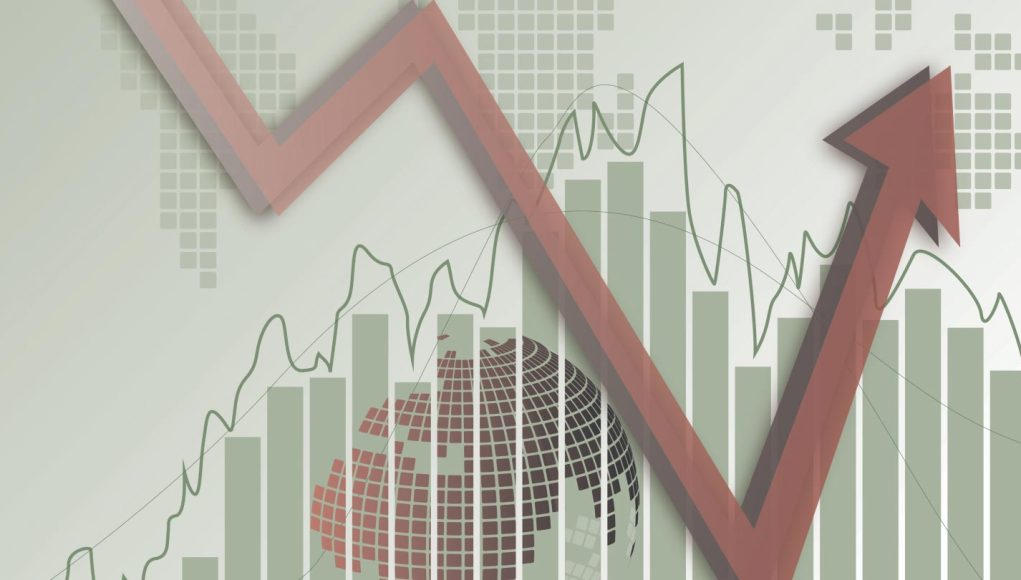Introduction
The global economy has always been cyclical, with periods of growth followed by downturns. As 2025 unfolds, financial experts and investors alike are questioning whether global markets are prepared for the next recession. With rising inflation, geopolitical tensions, and fluctuating interest rates, it’s crucial to analyze the factors that could trigger a downturn and how markets are positioning themselves for resilience.
Key Indicators of a Recession
Recessions are typically signaled by several economic indicators. Here are some critical signs that global markets are closely monitoring:
- GDP Slowdown: A decline in economic output over consecutive quarters.
- Rising Unemployment: Job losses and weaker hiring trends.
- Stock Market Volatility: Bearish trends and declining investor confidence.
- Declining Consumer Spending: Lower consumer confidence leading to reduced purchases.
- Yield Curve Inversion: When short-term interest rates are higher than long-term rates, historically a predictor of recessions.
Factors Contributing to Economic Uncertainty
Several global factors could contribute to an economic slowdown in the near future:
1. Inflation and Interest Rates
Many central banks, including the Federal Reserve and the European Central Bank, have aggressively raised interest rates to curb inflation. While inflation is showing signs of cooling, higher borrowing costs may slow business investments and consumer spending.
2. Geopolitical Tensions
Ongoing geopolitical issues, such as conflicts in Eastern Europe, trade tensions between the U.S. and China, and energy supply disruptions, pose significant risks to global economic stability.
3. Corporate Debt and Banking Stability
Many businesses took on substantial debt during the pandemic-era stimulus measures. As interest rates rise, debt repayment becomes more challenging, increasing the risk of corporate bankruptcies and banking crises.
4. Tech Sector and Market Corrections
Technology stocks, which have led market rallies in recent years, are now facing regulatory scrutiny, AI-driven job disruptions, and concerns about overvaluation. A major correction in tech stocks could impact broader market performance.
How Markets Are Preparing for a Possible Recession
Despite these concerns, global markets are taking several steps to mitigate the potential impact of a recession:
1. Diversification of Investments
Institutional and retail investors are shifting funds into safe-haven assets such as gold, government bonds, and recession-resistant sectors like healthcare and consumer staples.
2. Strengthening Banking Regulations
Central banks are enforcing stricter financial regulations to ensure banks maintain adequate reserves and avoid liquidity crises.
3. Government Stimulus and Policy Adjustments
Many governments are prepared to introduce fiscal stimulus, such as infrastructure spending, tax cuts, or direct payments, to boost economic activity in case of a downturn.
4. Advancements in AI and Automation
Businesses are increasingly adopting AI and automation to improve efficiency, reduce costs, and maintain profitability even during economic downturns.
What Should Investors Do?
Given the uncertainty, investors should consider the following strategies to safeguard their portfolios:
- Diversify Holdings: Balance investments across various asset classes, including stocks, bonds, real estate, and commodities.
- Monitor Market Trends: Stay informed about global economic indicators and policy changes.
- Adopt a Long-Term Perspective: Avoid panic selling and focus on long-term investment goals.
- Build an Emergency Fund: Ensure liquidity to manage expenses in case of job loss or financial instability.
Conclusion
While predicting the exact timing of a recession is challenging, global markets are taking proactive measures to mitigate risks. By monitoring key economic indicators and preparing for potential downturns, investors and businesses can navigate uncertainties and emerge stronger.
Are we on the brink of another global recession, or will markets continue to adapt and thrive? Only time will tell, but being prepared is always the best strategy.



































